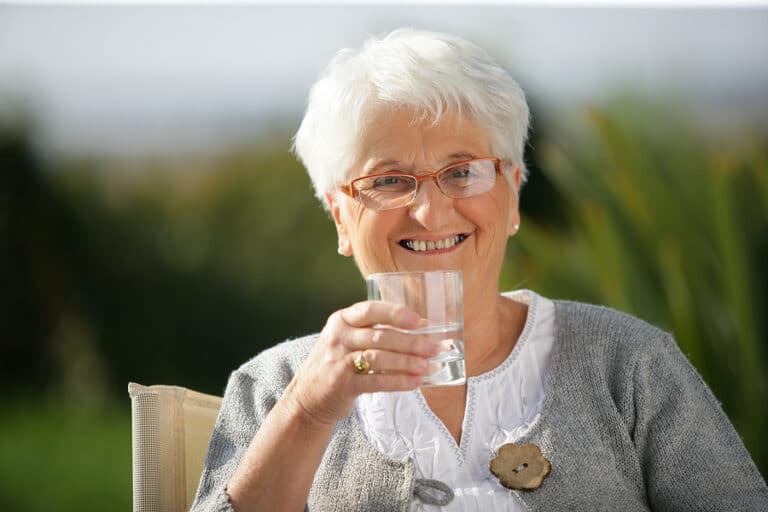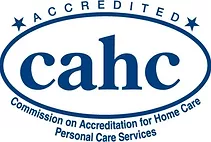Summer is the warmest season of the year and seniors are at greater risk for dehydration because of how the body composition changes with age. Water and fluids are necessary, the older you grow the less water is produced in the body. The sense of thirst also diminishes with ageing, the exact cause of this mechanism is unknown. By the time an elderly person feels thirsty they likely are experiencing dehydration. Dehydration happens when you lose more fluid than you take in. Caregivers can help promote adequate hydration in the elderly.
Seniors with incontinence intentionally refuse to take in fluids so it is the responsibility of the one caring for such a person to always make sure there is some amount of daily water intake.
Often, dehydration in the elderly is the culprit for many adverse events such as falls and acute confusion. Severe fluid depletion can also lead to urinary tract infections and other renal injuries. Uncorrected fluid depletion can cause seizures, due to electrolyte imbalances, hypovolemic shock, coma or even death.
SIGNS OF DEHYDRATION
- Dry mouth and swollen tongue
- Dizziness
- Headaches
- Confusion
- Decreased amount of urine
- Dark colored urine
- Irritability
- Fatigue
- Poor skin turgor
- Rapid breathing
- Weak Pulse
- Low blood pressure
Dehydration must be treated by increasing the level of fluid in the body. The following are ways to help maintain hydration in the elderly.
- Eating vegetables like cucumber, tomatoes, spinach, bell peppers and celery more often
- Increasing the intake level of fluids
- Drinking a lot of water and keeping water accessible to the elderly
Eating a lot of fruits listed below can also increase body fluid because these have a high percentage of water
- Watermelon
- Grapes
- Cantaloupe
- Oranges
- Berries
- Apples
Oral rehydration solutions (ORS) are specialized formulas used for treating and preventing dehydration. ORS is water-based and it contains electrolytes like sodium, chloride, potassium and sugar.
While these are practical ways to help seniors avoid dehydration and its consequences, it is important to contact their health care provider as many health conditions such as heart failure, kidney and liver disease might call for fluid restrictions.
References:
https://www.healthline.com/nutrition/how-to-rehydrate
https://greenblender.com/smoothies/2683/foods-with-the-highest-water-content
https://www.agingcare.com/articles/hydration-tips-for-seniors-205594.htm
- Home Care Assistance Can Help Seniors Manage Self-Care Tasks - April 24, 2025
- The Superfood You Shouldn’t Miss - April 9, 2025
- First Home Care Visit? Here’s The Inside Scoop - April 9, 2025


